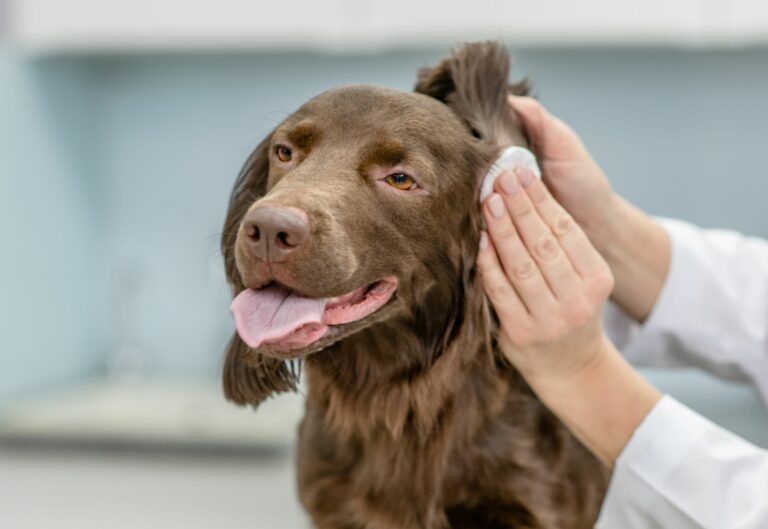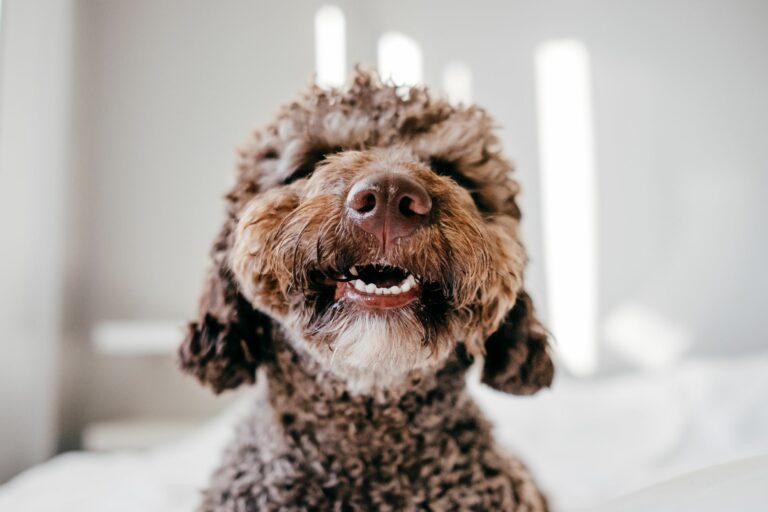Three’s a crowd
The tips you need to keep cats and dogs happy and healthy!
Lockdown has seen a boom in dog and cat ownership. Home-working, the lack of holidays and days out has seen many bring a new pet into their lives. According to The Kennel Club, the number of people getting new puppies and kittens has soared since the first UK lockdown. Whether they are a new addition to the family or a faithful old friend, here is our guide to getting the most out of lockdown with your pet.
Exercise
Homeworking, homeschooling, gyms closed. All of this, particularly for dog owners, has resulted in a new-found love of the outdoors. Now we know how our pets feel! But before you rush to grab the lead and get outside, remember the amount of exercise your dog needs depends on their breed.
If you’re considering getting a new puppy, then please do your research.
A large working breed like a German Shepherd will need up to two hours of exercise every day, a Pomeranian more like 30 minutes. Spaniels love water, so they are worth considering if you live near the beach. Your new dog should suit your lifestyle now AND after lockdown.
Dogs and cats need a mental workout too. Puzzle bowls challenge their minds while they eat or you can save up old cardboard boxes and make a fun destruction course.
Mobility supplements are an important part of your dog and cats’ diet, particularly as they age, to keep them active and enjoying walks and play time.
Added ingredients like glucosamine, chondroitin, turmeric and green-lipped mussel effectively support joints, reduce inflammation, and keep your best friend healthy and happy on their walks. If they develop a pronounced limp, you should consult your vet.
Diet and Nutrition
Pets are just like humans; the key to a healthy pet isn’t just exercise; nutrition matters.
If you want to earn your dog or cat’s love by continually feeding them unhealthy treats, you are only going to cause long term problems.
It’s so hard to resist the hungry expression of a pet, especially when you’re with them 24/7. If you really can’t say “no” we recommend healthy, low-fat treats that can be kept in the fridge such as fish skin fingers or chopped carrots. Some pets will develop digestive issues, and you might notice this now you’re spending more time together. For example, if your pet drags their bottom, it could suggest anal gland problems. Please consult your vet and consider adding a fibre supplement to their diet.
Behaviour
More time at home means you’ve probably become more familiar with your pet’s habits. Just like humans, dogs, and cats experience brain degeneration. Are they wandering, becoming withdrawn or waking in the night? These are all warning signs. One in five dogs will suffer from cognitive dysfunction, but only one in ten of them will be diagnosed.
Every owner would love to extend their pet’s life and give them the best experience in their twilight years. A balanced diet and the right nutritional supplements can help. Green tea, Ginkgo Biloba and Omega-3 fatty acids are things you should consider adding to their diet, but in controlled amounts. You can get all three of these in some healthy supplements for dogs and cats to add to their food. You should seek the advice of your vet if you are concerned about your pet’s behaviou
Skin and Coat
Home grooming is the best time to have a good look at your pets’ skin and coats. Is their fur as shiny as it should be? Or is it a bit dull and thin? Some breed’s coats are wiry, but if you see a deterioration in your dog or cat’s fur, it could result from a diet deficiency. It would be best if you also looked out for your dog or cat excessively licking or scratching their fur it could be a sign they’re suffering from a skin condition. You should check with your vet.
In addition to any medication prescribed, have a look at your pet’s diet. Just like humans, their skin and fur can show the signs of deficiencies in their food. Omega supplements for dogs and cats containing fish and flaxseed oils are good sources of omega-3 fatty acids and are great for skin and fur or add some oily fish into their food two or three days a week.
Stress and Separation Anxiety
Extra time at home with our pets during lockdown is excellent, but what will happen when we return to work, school and going on holiday? Our pets have got used to us being around, and even the most independent pooch or moggie might suffer separation anxiety. Try to build up the amount of time they spend alone gradually, ensure they have a comfortable environment where they feel safe on their own, be patient. With all training, follow the advice of experts like Blue Cross or Dogs Trust.
You can also add natural supplements to their diet with proven ingredients to help soothe their anxiety, like the herb valerian. Taken as part of a balanced diet, supplements can help. If your pet is suffering extreme anxiety, it could be linked to a more severe illness, so seek the advice of your vet.




